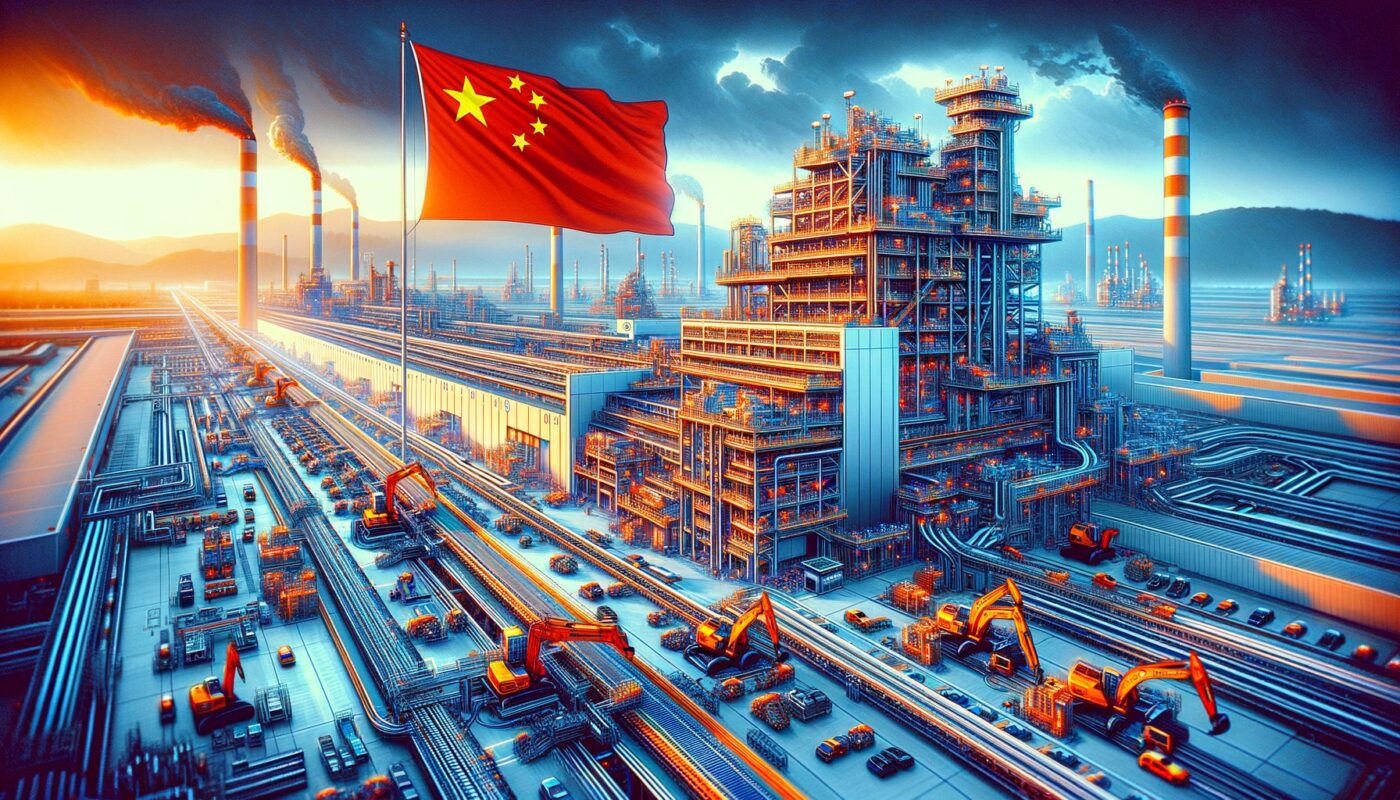In a bold move that could reshape the dynamics of the European automobile industry, reports suggest that Chinese automakers are eyeing Volkswagen factories in Germany that are slated for closure. This strategic interest indicates China’s intention to establish a more significant presence in the prestigious German auto market, often seen as a world leader in automotive excellence.
Volkswagen’s Facility Sale: An Opportunity for China
Volkswagen, a key player in Germany’s industrial landscape, has reportedly shown an openness to selling its Osnabrück facility to Chinese buyers. This comes amid challenges faced by the German manufacturing sector in recent years. Such a transaction would not only help Volkswagen offload unused facilities but would also provide Chinese carmakers a foothold in Germany.
The interest from China is part of a broader strategy to circumvent EU tariffs and bolster Chinese electric vehicle (EV) makers’ potential in Europe. With new competitive pressures on European manufacturers, this could significantly alter local market dynamics.
Political Challenges and Economic Implications
The potential sale of Volkswagen’s facilities to China is not without its hurdles. Political tensions are inevitably at play, especially with the German government’s scrutiny of foreign involvement in crucial sectors. Any transaction involving a significant German asset, like a Volkswagen factory, might face stringent regulatory evaluations.
Furthermore, Germany’s current political climate presents additional complexities. Any change in government policy could influence decisions regarding foreign ownership in critical industries. The prospective entry of Chinese automakers into Germany could spark debates about national interests and economic security.
Impact on the European Automotive Market
This development could potentially increase competition within Europe’s car market. Chinese EV manufacturers, known for their cost-effective and innovative vehicles, could provide European consumers with new options and exert pressure on local manufacturers to innovate and remain competitive.
The acquisition of German facilities could also serve as a blueprint for other Chinese initiatives in Europe, suggesting a long-term vision for establishing manufacturing and operational capabilities beyond China’s borders.
Relations with Broader Global Dynamics
This scenario unfolds against a backdrop of broader global tech tensions. As relationships between China and Western economies remain tenuous, this move in the automotive sector might mirror larger strategic shifts as China seeks to secure advantageous positions in high-value markets.
Links can be drawn to China’s aggressive technological advancements, as seen in their efforts to revolutionize sectors such as energy. Moreover, China’s tightening of export controls highlights a pattern of strategic shifts aimed at leveraging global trade.
As Germany navigates these waters, the outcome of this potential acquisition will not only determine the future of the Volkswagen sites but also set a precedent for future interactions between European and Chinese automakers. How Germany and the EU respond could significantly influence the broader landscape of the automotive industry and international trade relations.
Warning : This information is indicative and without guarantee of accuracy. Consult a professional before making any decision.





